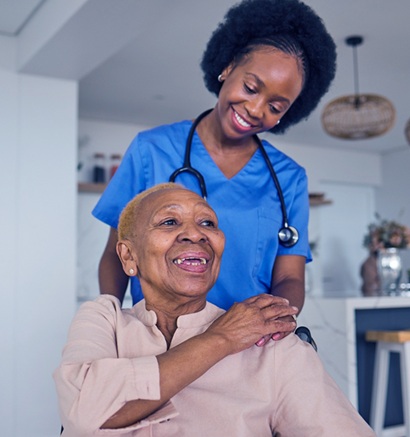International Day for the Eradication of Poverty
The International Day for the Eradication of Poverty,
observed on October 17 every year, was established by the United Nations (UN)
to raise awareness of the need to eradicate poverty and address social exclusion and inequality issues.
The International Day for the Eradication of Poverty
originated from the efforts of Father Joseph Wresinski in 1987 when over
100,000 people gathered in Paris to honour the victims of extreme poverty, violence,
and hunger (United Nations, 2023). The United Nations recognised this movement
and officially designated October 17 as a day to reaffirm its commitment to the
fight against poverty and to emphasise that poverty eradication is a
prerequisite for achieving sustainable development and global peace.
The Sustainable Development Goals (SDGs), specifically Goal
1—“No Poverty,” outline the international community’s commitment to ending
poverty in all its forms everywhere by 2030 (United Nations, 2023). This day is an opportunity to highlight the achievements made so far and draw attention to areas that require urgent action.
Nigeria, despite being one of the largest economies in
Africa, faces significant challenges in terms of poverty. According to the
World Bank (2022), approximately 40% of Nigeria's population, or about 83
million people, live below the national poverty line. Several factors
contribute to this high poverty rate, including a rapidly growing population,
unemployment, political instability, and inadequate infrastructure. The
situation is exacerbated by regional disparities, with northern Nigeria being
disproportionately affected by poverty compared to the southern regions.
In Nigeria, poverty is a lack of income and poor access to healthcare, education, clean water, and sanitation.
This multidimensional poverty has far-reaching effects, limiting people's
opportunities for growth, innovation, and improved quality of life. Despite
efforts by the Nigerian government to implement policies and programs aimed at
poverty reduction, such as the National Social Investment Program (NSIP), the
impact has been relatively limited due to issues related to corruption,
mismanagement of resources, and lack of sustainable strategies.
One key area of focus today is the promotion of
inclusive economic growth. Nigeria's poverty reduction strategy must prioritise job creation, particularly for the youth, who make up a significant portion of
the population. Additionally, investment in education and skill development is
crucial to empower individuals with the tools they need to break the cycle of
poverty.
Another essential aspect is addressing the gender dimension
of poverty. Women in Nigeria are more likely to be poor than men due to
factors such as limited access to education, healthcare, and economic
opportunities (World Economic Forum, 2023). Empowering women through targeted
programs and policies can significantly contribute to poverty reduction in the
country.
References
United Nations. (2023). *International Day for the
Eradication of Poverty*. Available at:
https://www.un.org/en/observances/poverty-eradication-day
World Bank. (2022). *Nigeria Development Update: The
Continuing Urgency of Business Unusual*. Available at:
https://www.worldbank.org/en/country/nigeria/publication/nigeria-development-update
World Economic Forum. (2023). *Global Gender Gap Report
2023*. Available at:
https://www.weforum.org/reports/global-gender-gap-report-2023
Book Launch
We are thrilled to announce the upcoming launch of our latest book:
"Elderly Care in Nigeria: An Essential Guide to Navigating Services."
Ageing is a universal phenomenon, and Nigeria, like many other countries, is experiencing a demographic shift towards an ageing population. According to the World Health Organisation (WHO), the number of people aged 60 years and older in Nigeria is projected to triple by 2050. With this demographic transition comes a pressing need to address the health and well-being of older adults in the country.
This comprehensive guide delves into the intricacies of caring for the elderly in Nigeria, offering invaluable insights, resources, and advice to caregivers and families. Whether seeking information on healthcare services, legal matters, or emotional support, this book is your ultimate companion. Be the first to receive notification upon its release by signing up through our website. Don't miss the opportunity to gain vital knowledge and support for elderly care in Nigeria. Join us in making a difference in the lives of our seniors.
Email info@eooncare.com and request your copy.
EOON CARE
Elderly Care Team
info@eooncare.com
WhatsApp
+234 816 7929 521
+44 07957 402 727
#elderlycareinnigeria #elderlycare
#caregivers #careoftheelderlyinnigeria
#ministeryofhealth #elderlyabuse
#who #unitednations
#socialservicesinnigeria
#carehomesinnigeria
#nigeriacarehomes






No comments:
Post a Comment